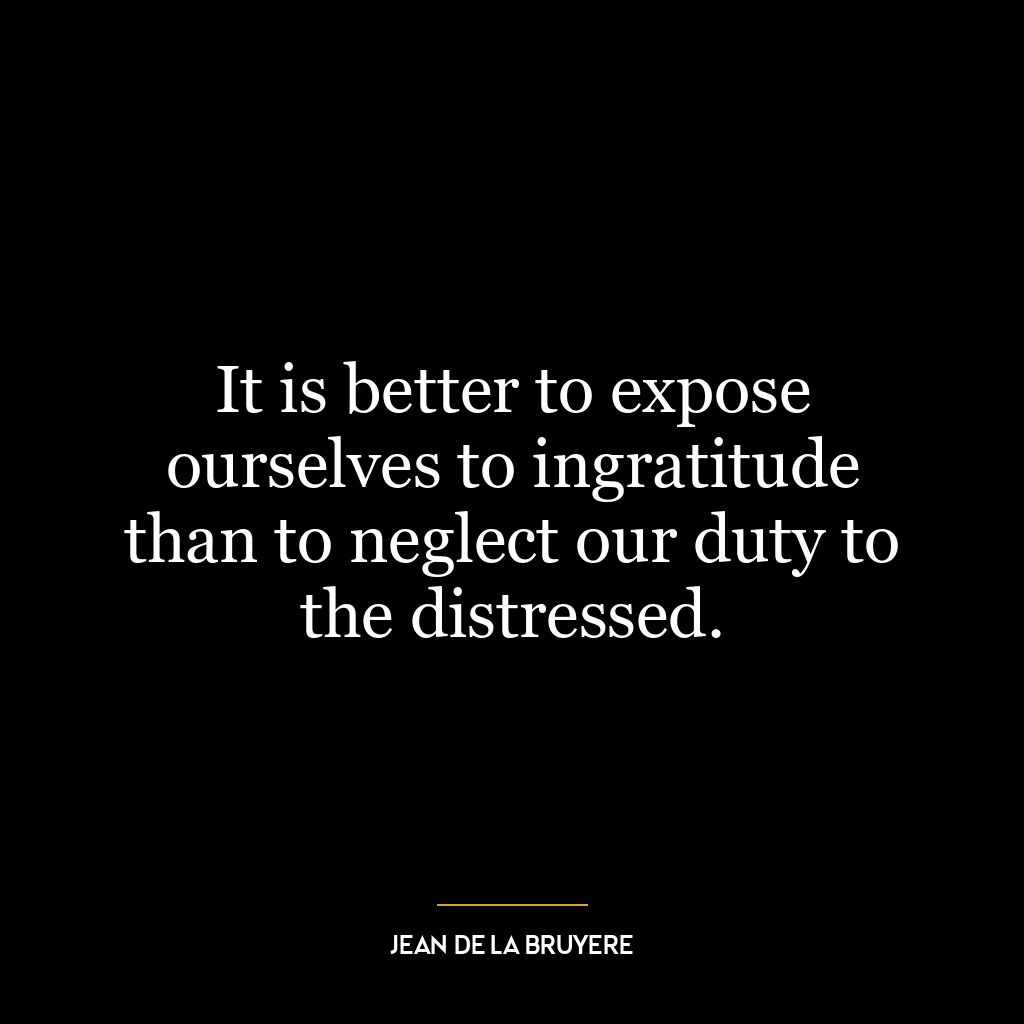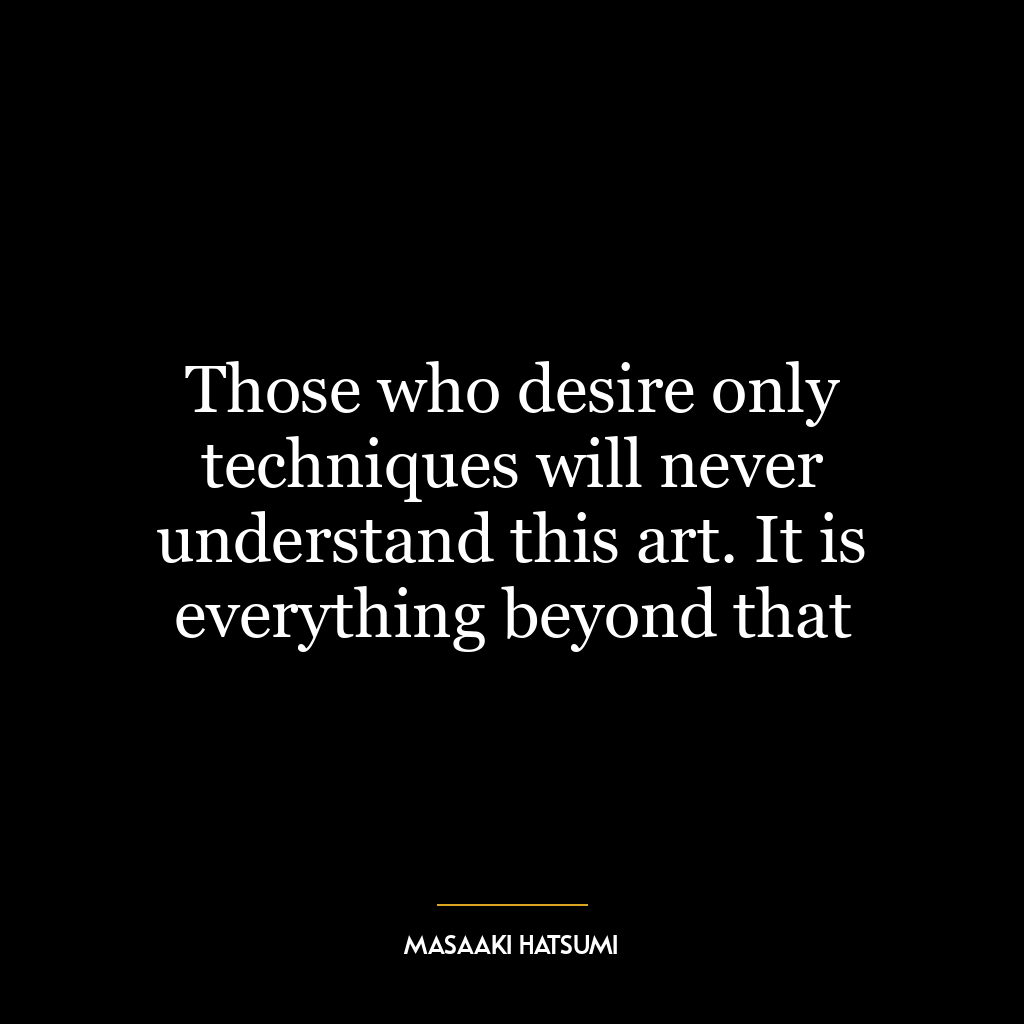This quote by Gautama Buddha is a profound insight into the nature of human empathy and kindness. It distinguishes between two emotional responses that we often experience when we encounter someone in distress: pity and compassion.
“Pity arises when we are sorry for someone” – This suggests that pity is a somewhat passive emotion, where one recognizes another’s suffering but views it from a distance. Pity contains an element of separation, as if looking down on or feeling superior to the person who is suffering. It’s like saying, “I’m sorry you’re going through this,” but not necessarily taking any action to alleviate the pain or struggle.
On the other hand, “Compassion is when we understand and help wisely.” Compassion goes beyond mere recognition of another’s hardship; it involves understanding their pain at a deeper level and seeking to help in an insightful way. Unlike pity, compassion doesn’t view suffering from afar or above; rather, it steps into the shoes of those who are hurting and works alongside them towards relief or resolution.
In today’s world where social media amplifies every crisis around us – be it poverty, violence, injustice – this distinction becomes especially relevant. While it’s easy to scroll past disturbing news with a shake of our heads (pity), Buddha encourages us to engage more deeply (compassion). He prompts us not just to feel sorry for others’ misfortunes but also strive to understand their circumstances better and extend our help wisely.
From a personal development perspective too, cultivating compassion over pity can be transformative. When we actively practice understanding others’ struggles and assisting them in meaningful ways instead of merely feeling sorry for them – we grow emotionally matured individuals who can positively impact our surroundings.
Furthermore, applying this principle isn’t restricted only towards dealing with others’ sufferings; indeed one should apply self-compassion too – understanding our own struggles without judgment while seeking wise solutions instead of wallowing in self-pity. This promotes resilience, emotional well-being and a healthy approach to dealing with life’s challenges.















